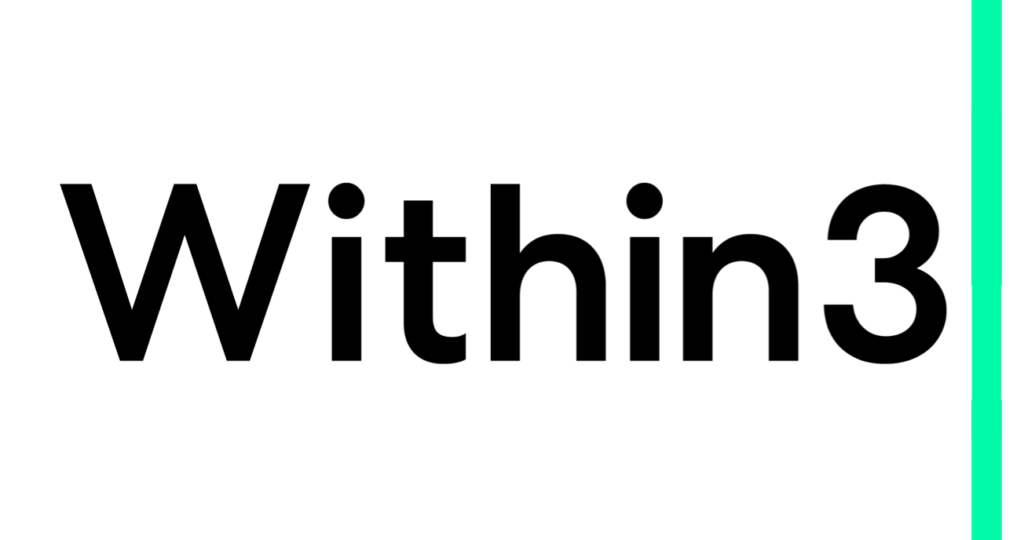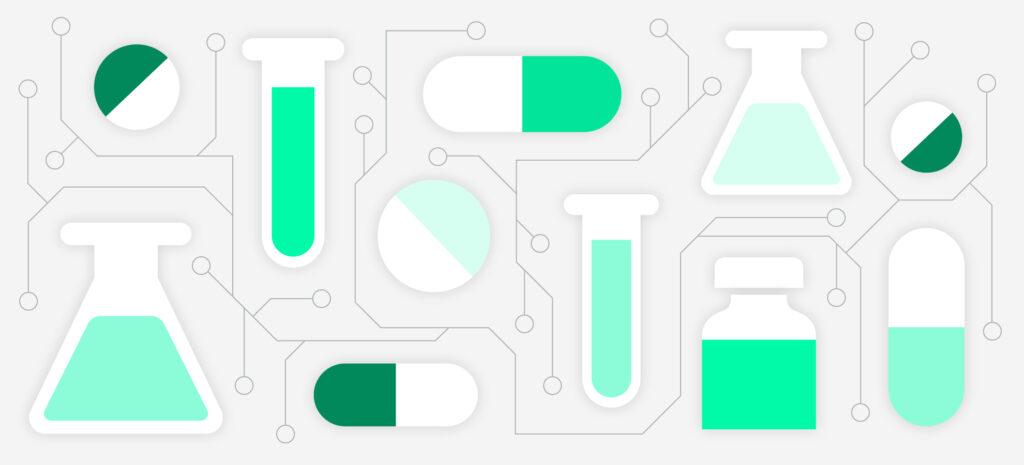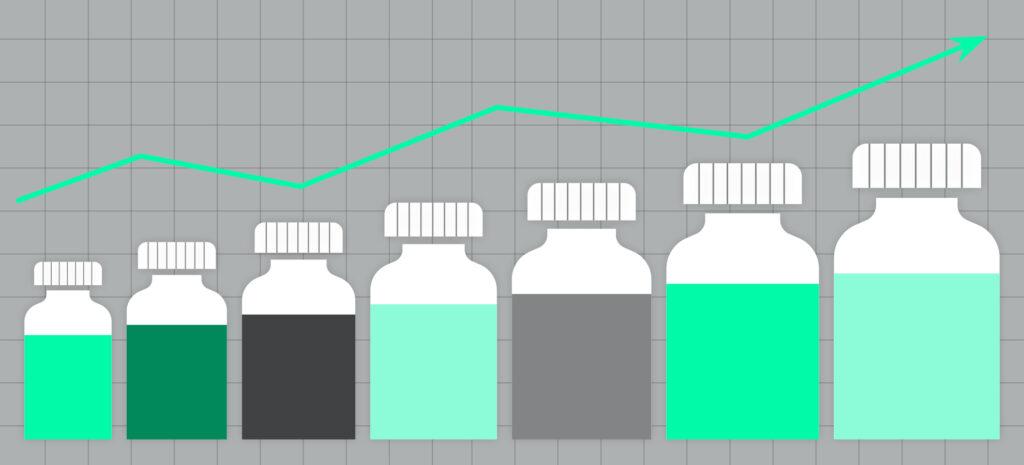Healthcare organizations, pharmaceutical companies, patient advocacy organizations, and clinical trial sponsors generate and use large amounts of patient data. This information is gathered from a variety of sources and can be subject to varying degrees of protection and limitations around its use. Patient data is a valuable resource for health delivery organizations and life science companies for more patient-centric management. Let’s discuss what it is, why it’s important, and the benefits of collecting and using it.
What is patient data?
Put simply, patient data is medical information about an individual patient. Patient data might include information related to their past and current health or illness, treatment history, and genetic data. It can also include biometric data or measurable physical characteristics that can be checked by a machine or computer. This type of healthcare data might be created or received by healthcare professionals, the payer, employer, or any other person involved in providing patient care. In an organization with a patient-centric culture, HCPs might collect a large volume of patient data with the goal of improving the patient experience, designing patient-centric trials, or strengthening an overall patient-centric approach.
What are the types of patient data?
In a clinical context, data falls into six primary categories:
Electronic health records
Electronic health data is obtained at the point of care, such as a medical facility, hospital, or clinic. This type of record is called an electronic medical record (EMR) and is not usually available to outside researchers. An EMR might contain information about demographics, diagnosis, treatment, prescription drugs, lab tests, hospitalizations, and insurance.
Administrative data
In some regions, this data includes hospital discharge information that might be reported to government agencies or other entities.
Claims data
Claims data includes the billable interactions between insured patients and the healthcare delivery system. This information falls into four general types: inpatient, outpatient, pharmacy, and enrollment.
Patient/disease registries
Disease registries are clinical information systems that track key data for chronic conditions like Alzheimer’s Disease, cancer, diabetes, heart disease, and asthma. These resources can provide critical information for managing patient conditions. Examples of disease registries include the Global Alzheimer’s Association Interactive Network, National Cardiovascular Data Registry, and National Program of Cancer Registries.
Health surveys
National health surveys of chronic conditions can evaluate population health and disease prevalence estimates. These data sources are compiled specifically for research purposes and are widely accessible. Examples include the Medicare Current Beneficiary Survey, National Health & Nutrition Examination Survey, and National Medical Expenditure Survey.
Clinical trials data
These registries offer varying degrees of access to data. Examples include ClinicalTrials.gov, the WHO International Clinical Trials Registry Platform, and OpenTrials.
What is data privacy in healthcare?
Healthcare data privacy entails a set of rules and regulations to ensure only authorized individuals and organizations see patient data and medical information. The term can also refer to an organization’s processes established to protect patient health information and keep it away from people who would use it for unethical or criminal purposes. Protected health information or PHI includes data related to healthcare services provided, patient names and addresses, medical conditions of individuals, and patient Social Security number or birthdate.
Data privacy is important for several reasons, primarily because it builds trust between patients and the healthcare system. Patients must share highly sensitive information with healthcare providers and be reassured that the provider or providing entity has the patient’s best interests in mind. A healthcare organization that became known for handling patient data irresponsibly would soon find itself without any patients, so data privacy is a foundational priority.
Preserving data privacy also protects against unauthorized access to or use of data, including data breaches. Data breaches can include email hacks, unauthorized disclosure of medical information, and theft. Organizations are subject to rules and regulations designed to protect data privacy and noncompliance penalties if they break them.
Data privacy noncompliance falls into different tiers:
- Tier 1 violations usually occur through no fault of the covered entity, and oftentimes without their awareness. While fines at this tier can range from $100 to $50,000, fines might be waived if the organization was not aware of the violation or could not have prevented it.
- Tier 2 violations include those an entity should have known about but could not have prevented, even by taking specific actions. Fines at this tier can range from $1,000 to $50,000.
- Tier 3 violations occur due to willful neglect of the rules, such as when a healthcare organization doesn’t provide a copy of its privacy practices to new patients or when a healthcare worker leaves patient information on display at their workstation or laptop. Fines at this tier range from $10,000 to $50,000.
- Tier 4 violations occur when there is willful neglect and the organization does not attempt to correct it. Fines at this tier are at least $50,000.
What are the benefits of analyzing patient data?
Research from the Deloitte Center for Health Solutions revealed several benefits of investing in data analytics technology for healthcare organizations:
- Improving clinical outcomes
- Reducing operating costs
- Pursuing revenue growth opportunities
- Enabling value-based patient-centered care
- Supporting new payment models
- Driving innovation
- Supporting research
While EHR systems have not eliminated the paperwork associated with personalized healthcare delivery, they have reduced it by automating administrative tasks like communication and billing. Integrating emerging technologies such as robotic process automation, the Internet of Things, and artificial intelligence promises even greater opportunities for automation and analysis, particularly as advanced medical devices such as wearables provide additional patient data.
Patients and privacy
Outside of healthcare delivery, patient insights and data may also be collected during medical device or drug development. Pharmaceutical companies often invite patients to provide firsthand insight into their experiences of being diagnosed or living with a disease or condition. Patients can provide a wealth of information that can shorten development cycles and help HCPs and other experts better understand various disease states.
Patient engagement is also subject to data privacy guidelines, and organizations that frequently engage patients should take care to do so in a private, secure, compliant environment. For these purposes, a virtual engagement platform often provides the most stringent compliance guardrails, including the ability to conceal patients’ identities or use questions that are private to the patient and a single moderator.
This approach to patient engagement builds patient trust, results in deeper and more complete insights, and helps life science companies remain compliant when collecting patient data. To learn more about patient engagement and insight gathering, read our blog post.






